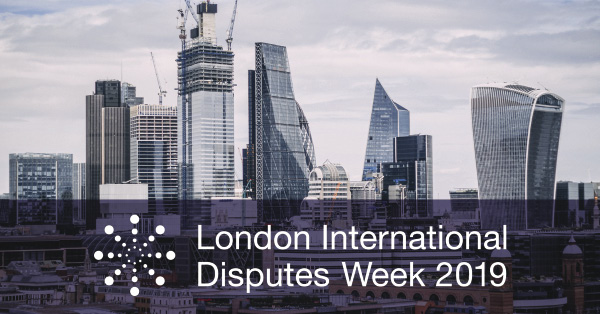
What are the current challenges for international commercial arbitration in London & beyond? Barry Fletcher reflects on some of the issues
Energetic discussion regarding the current state and future of international commercial arbitration was at the heart of this May’s inaugural London International Disputes Week (LIDW). Drawing on some of the event’s key themes, I have set out to demonstrate that while London arbitration faces some particular challenges to its continued success, the most significant issues facing this form of dispute resolution are not exclusive to London or, indeed, any single seat of arbitration.
What can data tell us?
First, let’s consider one barometer of health: arbitration caseload statistics. As my colleague James Clanchy examined in a recent article (‘Arbitration statistics 2018: London bucks downward trends’, LexisNexis DR Blog, 20 June 2019), an analysis of 2018 statistics from six major international arbitral bodies—the HKIAC, the ICC, the LCIA, the LMAA (not an arbitral institution but an association of arbitrators who conduct arbitrations under its ad hoc procedure rules),









